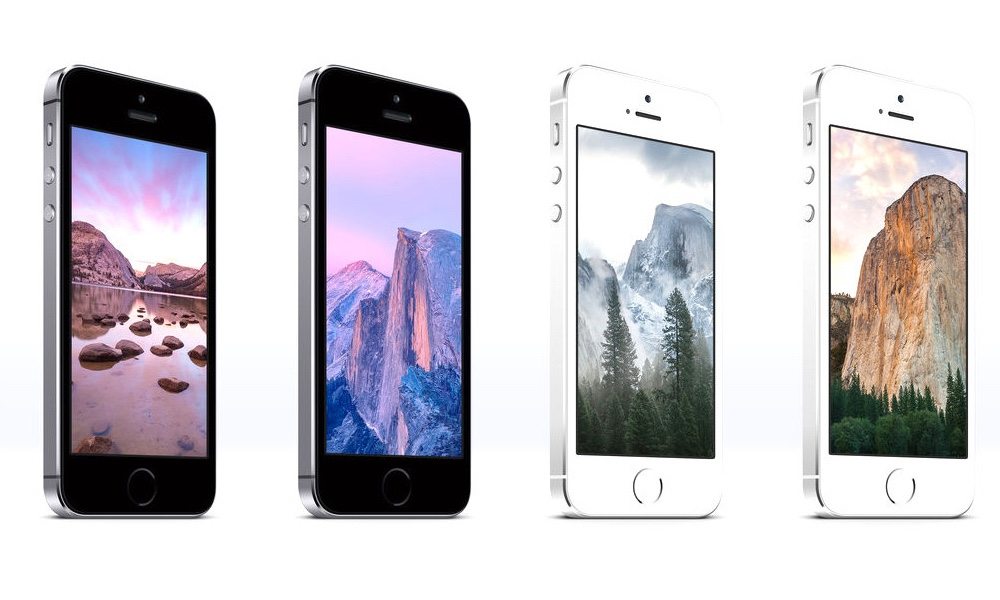Mobile and Desktop OS Mergers Seem to Be the New Trend, Should Apple Follow Suit?

Toggle Dark Mode
Apple’s OS X and Windows have been competing for a long time, sporting similar features throughout the years. There have been claims Apple and Microsoft copied each other in one way or another for even some of their most recognizable features (recycling bin anyone?). Despite their similarities and differences, both operating systems have taken different paths, but recent reports have speculated Apple might consider following in Microsoft’s footsteps once again.
With the somewhat misguided design of Windows 8, Microsoft wanted to go into a new direction. Instead of having two separate systems for computers and mobile devices, Windows 8 was designed to work on phones, tablets, and PCs. Meanwhile, Apple stuck with two operating systems: iOS and OS X. Windows 10 continues Microsoft’s attempt at building a successful unified operating system.
Business Insider suggests Google might be following Microsoft’s lead – and a recent article from Ars Technica concurs when it claims the Google Play app store could be coming to Google Chrome OS devices. If true, Google phones and laptops will have access to the same applications. Weinberger suggests Google may eventually move to one operating system for their phones and personal computers.
Both Google and Microsoft are focused on having one unifying store. The advantage of this is clear for app developers. Only having to design one app for a multitude of devices is more efficient than the alternative. For Microsoft, Windows 10 is now operating on several devices, including: PCs, Xbox One, the Surface tablet, and Lumia phones. Canonical’s free operating system, Ubuntu, is also going along ‘a similar path,’” according to Weinberger.
However, Apple is sticking to tradition, by building different yet similar operating systems for many of their devices. Macs, iPhones, Apple TVs, and Apple Watches all use different software to run each device. It makes it difficult for app developers who want to make an app that works on all Apple devices. Weinberger raises an important point, “Microsoft’s unified Windows strategy looks great on paper, but has been struggling to make a big dent in the hearts and minds of developers and users alike.”
There is a possibility that Apple may follow Microsoft’s lead. One rumor suggests Apple is considering using an ARM-based processor for the next MacBook, a chip similar to the iPhone’s. Could Apple be developing a new operating system for Macs and mobile devices? Or will they just merge iOS and OS X? Weinberger writes that Apple’s success might lead to the company sticking with multiple platforms, “If the strategy ain’t broke, Apple may not see a reason to fix it,” he writes.
The question comes down to what works best, one unifying operating system or a separate one for multiple devices? Having separate operating systems means those devices require apps to be tailor-made for them. That costs more money and time, and because of this, app developers certainly like having just one OS to work with. Whatever direction Apple takes in the future will depend on if the company can make an operating system that works well across Mac, iPhone, iPad, and across less capable devices like Apple TV and Apple Watch. Otherwise it would be best not to mess with a good thing.
Do you think OS X and iOS should unify? Tell us why or why not in the comments below.






